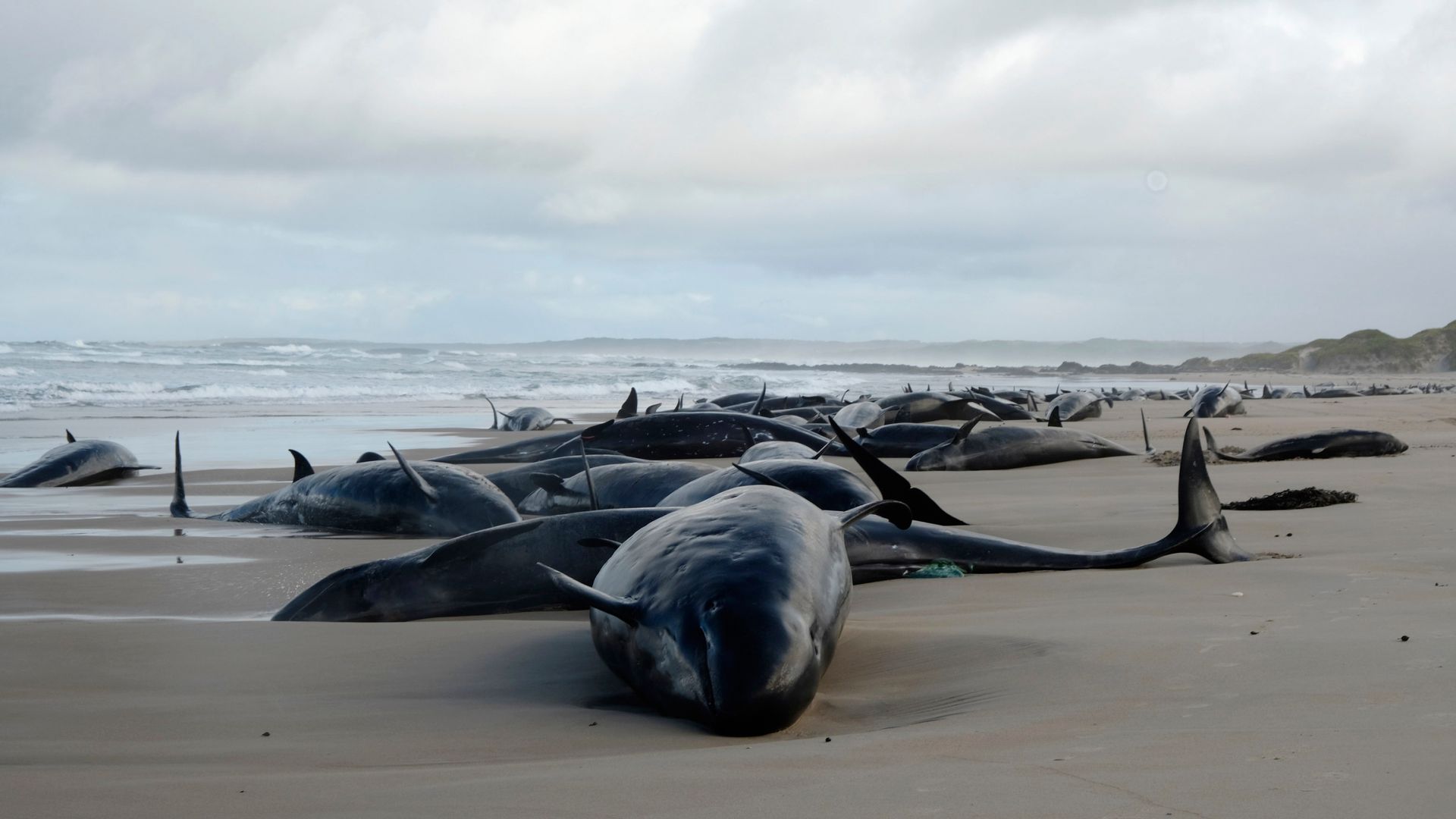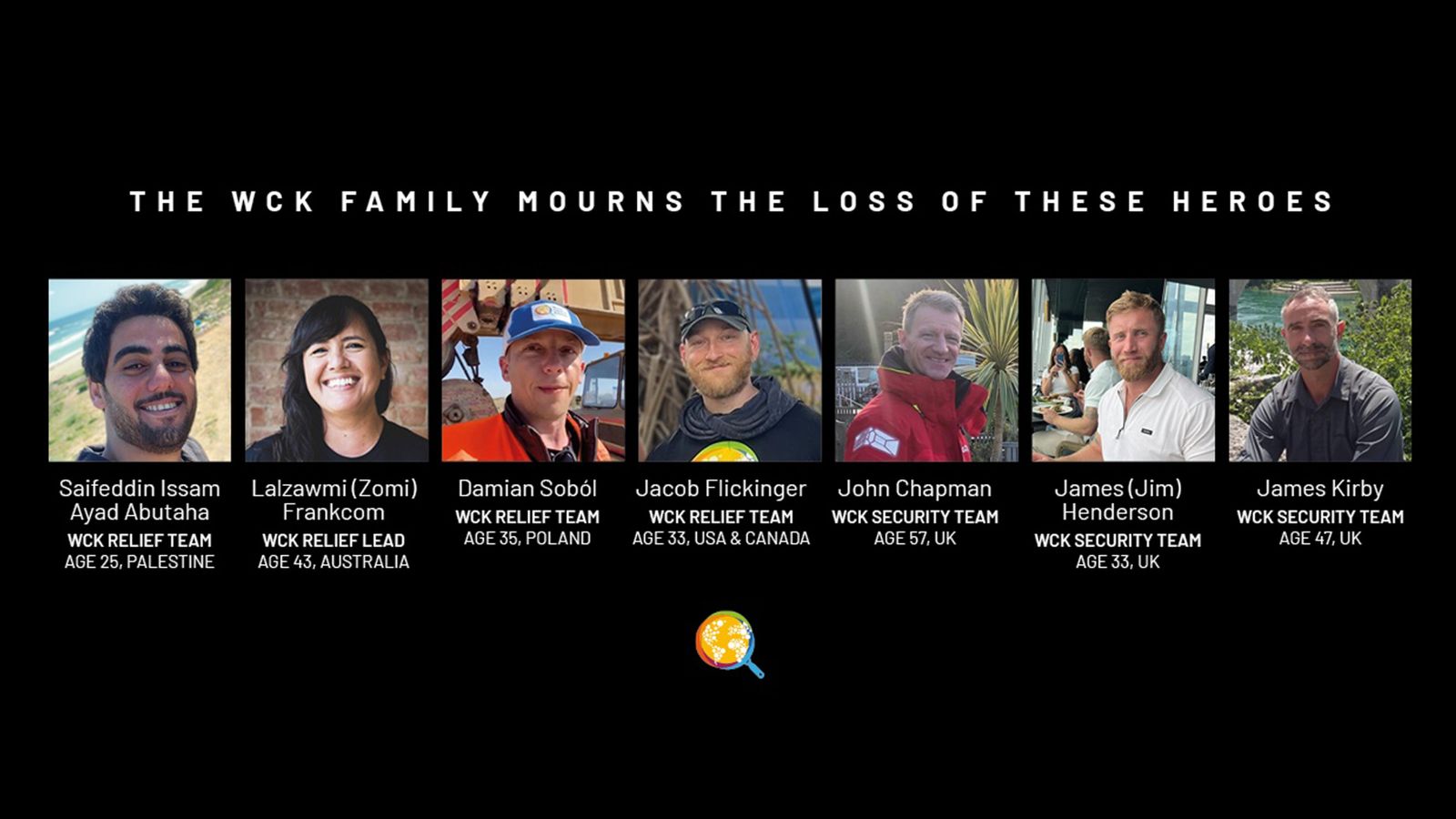More than 150 false killer whales have been stranded on a remote beach in Tasmania.
Officials said that marine experts including veterinarians were at the scene in Arthur River, on the northwest coast of the Australian island.
Of the 157 beached whales, only 90 were still showing signs of life, Department of Natural Resources and Environment (DNRE) liaison Brendon Clark said.
However, officials announced that despite their best efforts, they have been unable to refloat the whales and will euthanise them “for animal welfare reasons”.
The chances of beached whales surviving are low, as their bodies are crushed by their own weight when outside water and attempts to return them to sea can be dangerous for the rescuers involved.
The inaccessibility of the beach, along with difficult ocean conditions, complicated the response.
The whales can weigh anywhere from 500kg to 3,000kg and some had sunk into the sand where they were stranded.
Australia ‘should be prepared to contribute’ to securing Ukraine’s freedom, former PM says
Corpse flower: Plant with ‘rotting flesh smell’ blooms in Australia
Why China could benefit most from Trump’s tariffs
Two whales that rescuers did try to refloat were simply washed back ashore, Shelley Graham, DNRE incident controller, said.
“Following expert wildlife veterinarian assessment, we have decided euthanasia will be required for animal welfare reasons,” Ms Graham said.
“It is currently expected all remaining alive whales will be euthanised. The longer these animals are out stranded, the longer they are suffering. All alternative options have been unsuccessful, euthanasia is always a last resort,” deputy incident controller Dr Kris Carlyon said.
The stranding was the first by false killer whales in Tasmania since 1974.
It wasn’t clear what may have caused the stranding, and carcasses would be examined for any clues, authorities said.
Read more from Sky News:
A$AP Rocky found not guilty
The Jam drummer dies aged 69
Large sinkhole forces street closure
The whales were discovered on Tuesday afternoon, but by Wednesday some could have been stranded for as long as 48 hours.
Arthur River local resident Jocelyn Flint said her son had discovered the stranded whales around midnight, while fishing for sharks.
Follow our channel and never miss an update
She said she had visited the scene.
“The water was surging right up and they were thrashing. They’re just dying, they’ve sunk down in the sand. I think it’s too late,” she said.
Be the first to get Breaking News
Install the Sky News app for free
She added: “There are little babies. Up one end, there’s a lot of big ones. It’s sad.”





